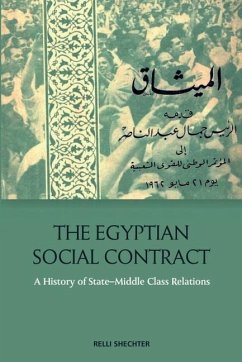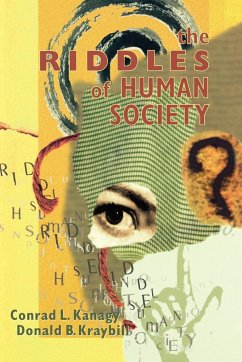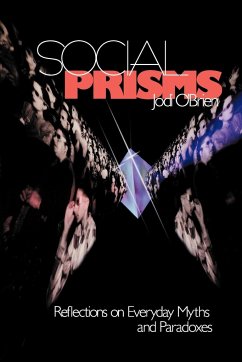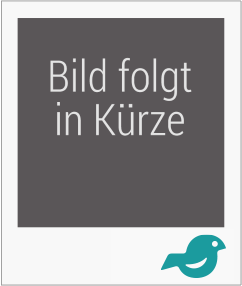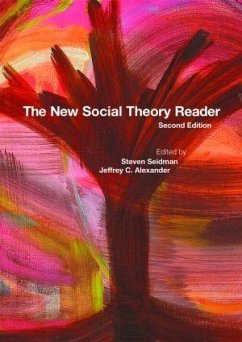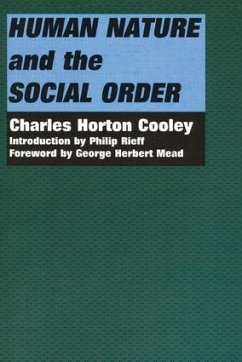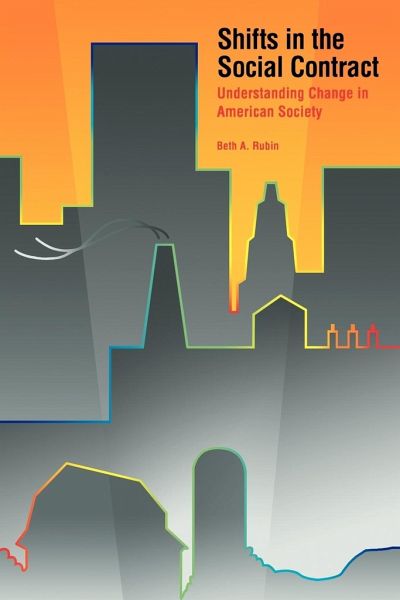
Shifts in the Social Contract
Understanding Change in American Society
Versandkostenfrei!
Versandfertig in 1-2 Wochen
128,99 €
inkl. MwSt.

PAYBACK Punkte
64 °P sammeln!
Examining the changes in society in the United States, Beth Rubin explains how the current era differs fundamentally from the post-World War Two period; how and why that change has occured; and what its meaning is to everyday life. She traces the changes from a domestic to a global economy, the transformation of the workplace, and the impact that these changes have had on how other people are experiencing social aspects of their lives: their families and interpersonal relations, their communities and their experience of the culture of mass society.





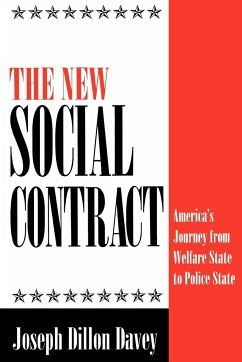
![The Assiento Contract Consider'd [microform]: as Also, the Advantages and Decay of the Trade of Jamaica and the Plantations, With the Causes and Conse Cover The Assiento Contract Consider'd [microform]: as Also, the Advantages and Decay of the Trade of Jamaica and the Plantations, With the Causes and Conse](https://bilder.buecher.de/produkte/65/65589/65589384n.jpg)

